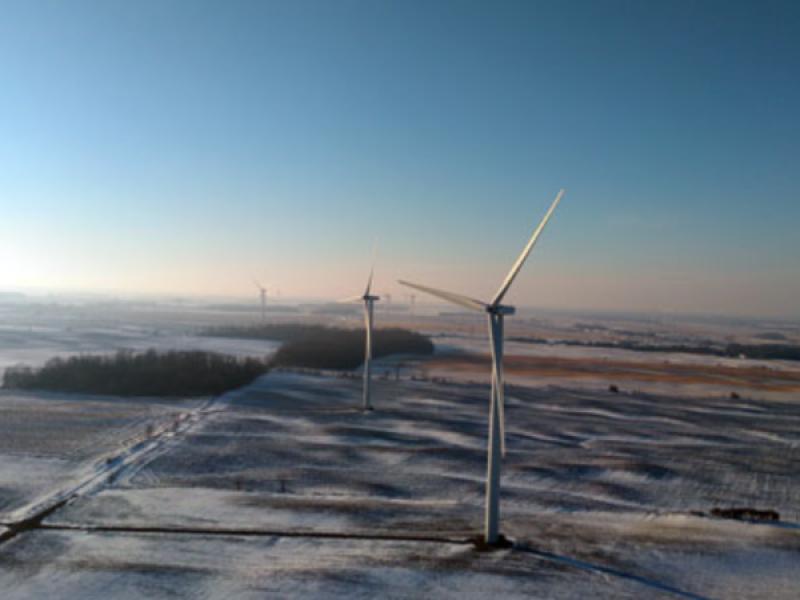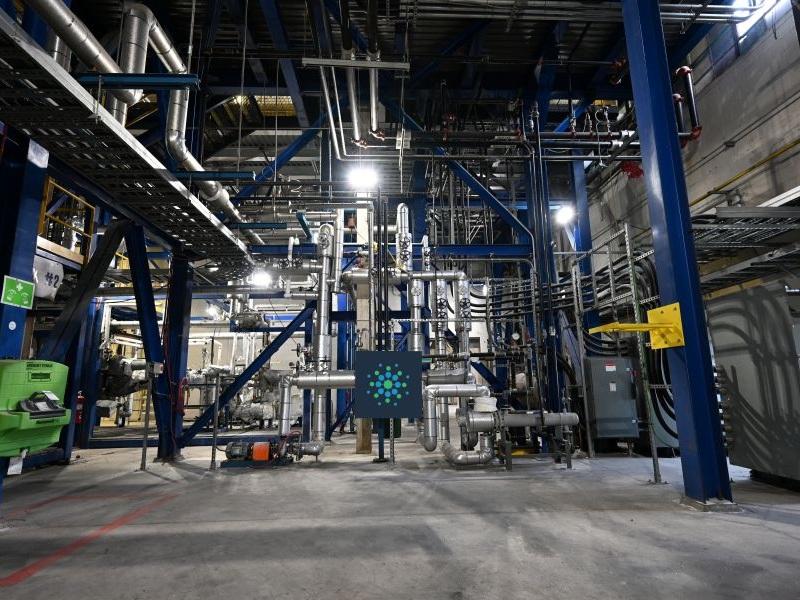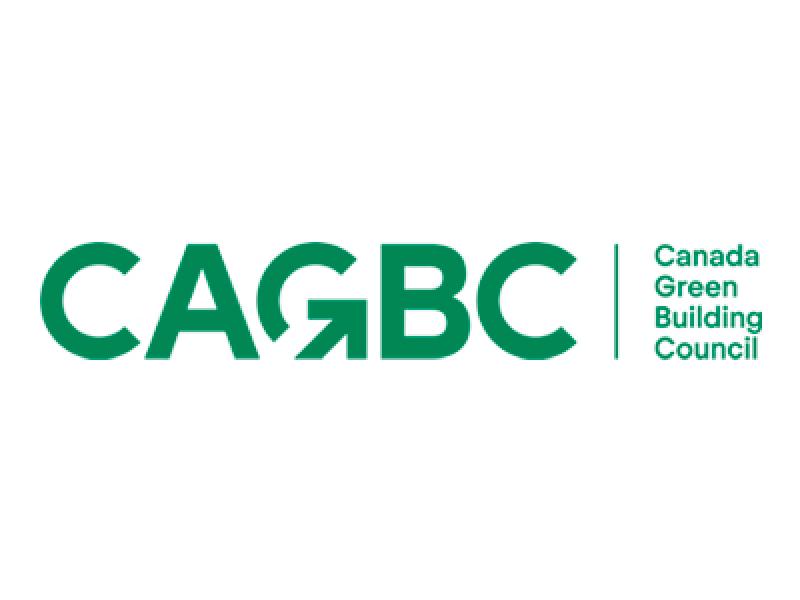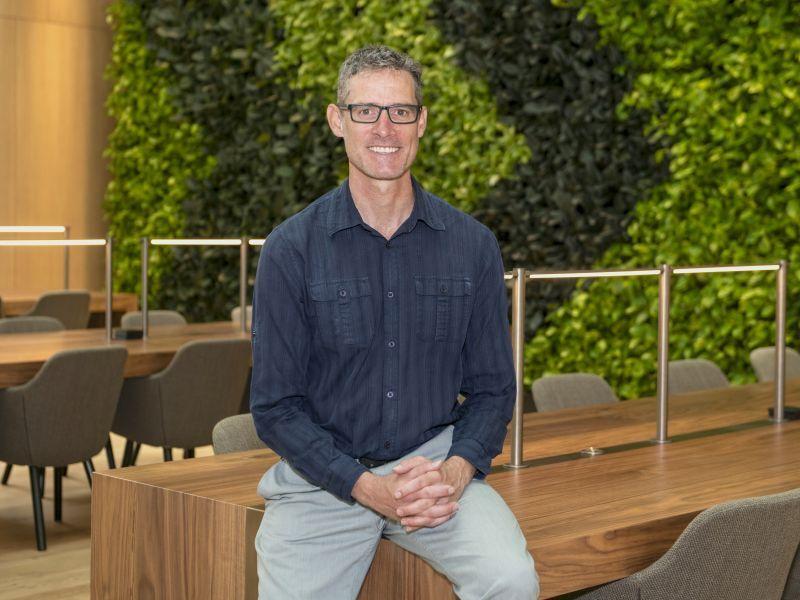
GoodLeaf Farms, the largest vertical farming company in Canada, has secured $78 million in syndicated debt financing from CIBC and Farm Credit Canada to support new indoor facilities in Calgary and Montreal opening later this year.
The two farms will each add 100,000 square feet of production to GoodLeaf's capacity. Both will be able to produce approximately two million pounds of fresh leafy greens annually.
Export Development Canada also made an equity investment in the company for an undisclosed amount, co-investing alongside agri-food private equity investment platform Power Sustainable Lios.
“Somewhere between 80 and 90 per cent of leafy greens in Canada are imported from California and Arizona. So that leaves Canada in a very dependent place, and not where we want to be from a food sovereignty perspective,” GoodLeaf CEO Barry Murchie, told SustainableBiz.
“We want to have a national footprint. The major retailers that we’re supplying are national in scope, and we've been working very closely with them. They can see the benefit of our product in Ontario. But we and they need a national solution if we're going to really create an opportunity to bend the supply curve from imported products in California and Arizona and bend it back in the direction of self-sufficiency in Canada.”
Founded in 2011 in Halifax, GoodLeaf is now headquartered in Guelph. It is a subsidiary of Bible Hill, N.S.-based TruLeaf Sustainable Agriculture Ltd.
GoodLeaf’s growing presence
GoodLeaf microgreens and baby greens are available in most leading retailers in Ontario, sold in more than 600 locations including Loblaws, Sobeys, Metro, Zehrs, Real Canadian Superstore, Foodland, Longos, Valu-Mart, Your Independent Grocer, Fortinos, Whole Foods, Voilà and other independent grocers across the province, as well as a growing list of restaurants.
GoodLeaf grows a full range of baby greens like kale, arugula, various types of spinach and beets as well as microgreens like pea shoots, broccoli and radish. Its 50,000 square foot Guelph vertical farm is the first and largest of its kind in Canada.
Murchie explained the company has been using the Guelph farm, commissioned in 2020, to test out its horticulture program and see which products resonate best with retail and food service distributors.
“We've really zeroed in on the sweet spot for all of those engineering operations, horticulture and commercial,” he said. “And so now we're in a position to begin to expand. So we've got two new farms that are going to start test growing product in the next month or so.”
Calgary and Montreal were chosen in order to create the national footprint the company is aiming toward. Murchie did not reveal where in each city the farms would be located.
“Where do we select within the city? That really has to do with proximity to our strategic customers, distribution centers and supply chain operations,” he said. “With an eye on reducing miles as much as possible, and making this from a supply chain perspective as easy as possible for strategic customers we've located in a facility that's going to be close to their existing operations.”
GoodLeaf and sustainability
Murchie said that GoodLeaf is able to grow using only about five per cent of the water of open field farm products, without using herbicides, fungicides or pesticides. The hydroponic system and energy-efficient LED lights allow the company to grow food every day of the year.
This translates to about 50 per cent of the overall carbon footprint of an open field farm.
According to Murchie, many of these microgreens cannot be grown at this scale on a traditional farm.
“Think of it almost like a plant factory where everything that's being grown is done so without the need of any natural light. And we really create an environment for our products that replicate the ideal conditions from seed to harvest,” Murchie explained.
“So as a result, we're able to dramatically reduce cycle times for growing.”
Without going into details, Murchie mentioned an upcoming announcement for GoodLeaf, around what he called a product scope development, teasing further partners.
“It's not just leafy greens for retail and food service,” he said. “There's many other applications for this technology, and you'll see an announcement probably in the next, I’d say, 30 days (to) 60 days on another venture.”










